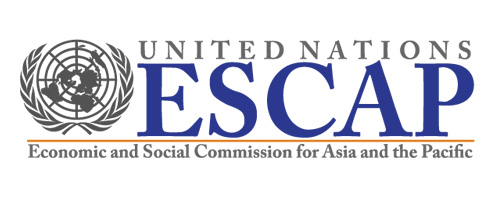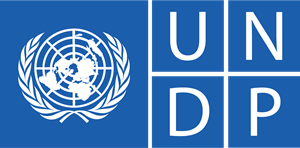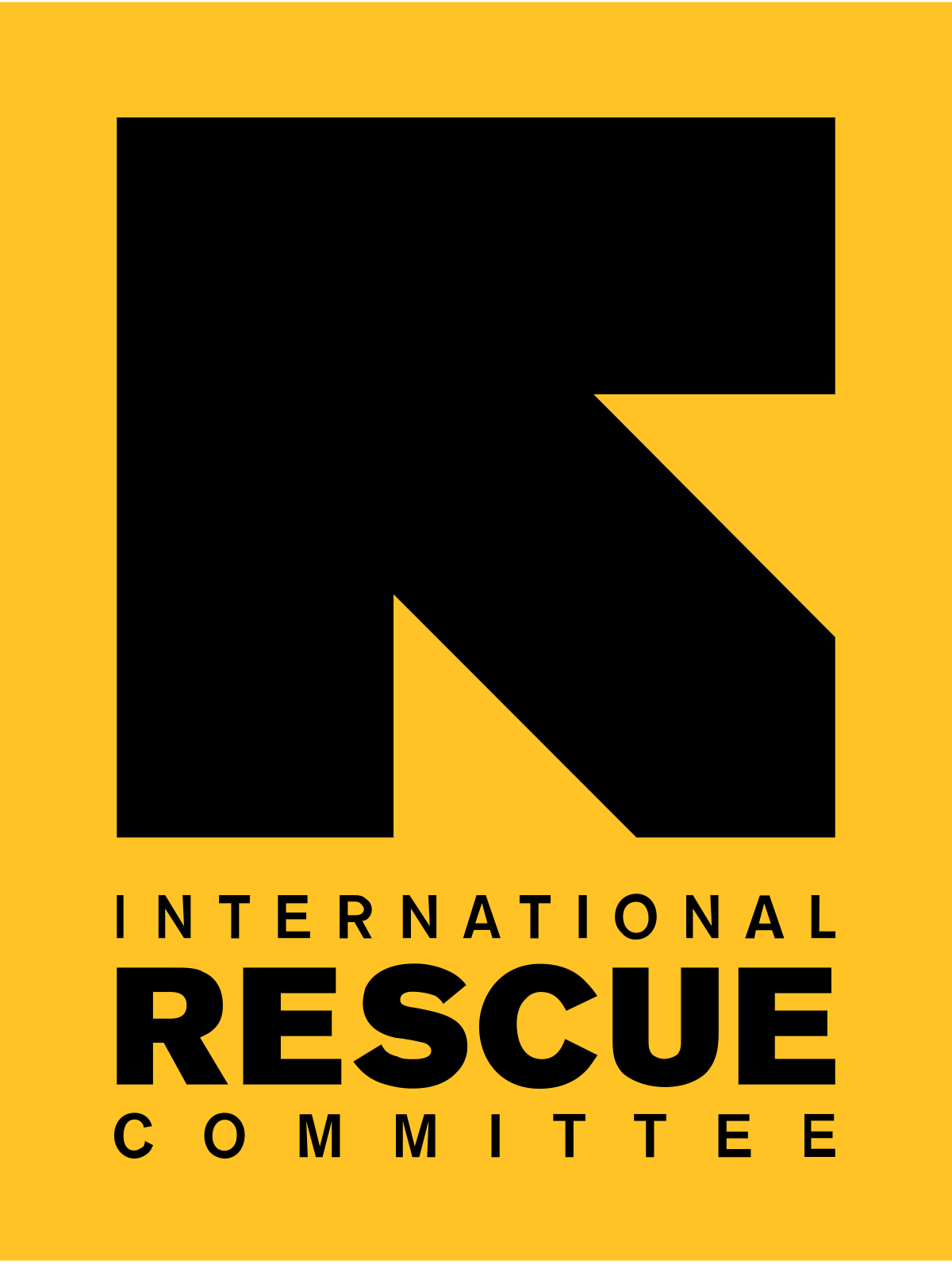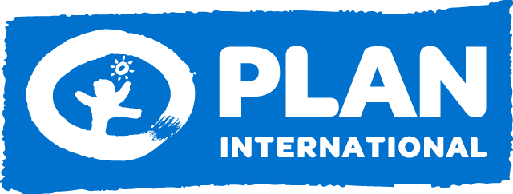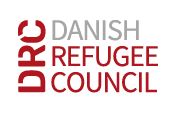Result of Service
Outputs: a. Inception phase (by 13 June 2025) It establishes the fundamentals for the subsequent six implementation phases and includes data audit or inventory, identification of key stakeholders and partners and a related engagement/consultation plan. An indicator framework and detailed implementation plan are delivered at the end of this phase. Main activities: • Draft outline of all preparatory documents for conducting Roadmap, including scope of the report, policy and planning mapping of related frameworks and investments and data mapping/inventory. • Support the coordination of the first multistakeholder workshop (event to be funded by a separate partner, such as DILG, UNCT Agencies or others). Deliverables: • SDG 11 Roadmap workplan and annotated outline. • Data mapping and inventory. • Stakeholders’ consultation plan and mapping. b. Implementation phase (by 15 August 2025) The result of this phase is a set of data and a draft Roadmap report that will be refined after consultation with experts and stakeholders. Main activities: • Develop the first draft of the Roadmap. • Support the content preparations of the second multistakeholder workshop (event to be funded by a separate partner, such as DILG, UNCT Agencies or others). Deliverables: • The first draft of the SDG11 Roadmap Report is presented at the second multistakeholder workshop. • Completed database and data gaps analysis with suggestion of unofficial or proxy data if available/applicable. c. Finalization phase (by 20 December 2025) In this phase, the draft Roadmap is revised and fact-checked by experts, peer reviewers and relevant entities, ensuring adequate quality, data accuracy and key messages. The finalized Roadmap would carry the DILG and ESCAP logos along with other partners as an approved document from the Government of the Philippines. This phase also includes dissemination and advocacy activities linked to the Roadmap’s publication. Main activities: • Revise the draft to include stakeholders’ feedback. • Finalise the Roadmap. Deliverables: • Final SDG11 National Roadmap submitted to the Philippines for approval and dissemination by DILG How are the outputs to be delivered? • All outputs are to be delivered to the project manager by email in MS Word, MS Excel, and MS PowerPoint to produce technical documents. • Workshops and consultations with stakeholders will be delivered in a form appropriate under the local. Modalities include in-person interviews and focused group discussions, in-person or virtual workshops, virtual consultation with a selected multi-stakeholder group, or phone interviews, one-on-one interviews and discussions with representatives of various departments, etc.
Duties and Responsibilities
Purpose: In 2023, ESCAP developed Asia-Pacific regional Guidelines for Sustainable Development Goal 11 (SDG11) National Roadmaps as part of both national and sub-national efforts to achieve the Global Goals. It draws upon existing publicly available data, best-practice methodologies, and emerging examples of innovative partnerships and practices. Although specific to SDG11, the approach here is also cognizant of cross-SDG linkages (particularly in relation to the role of urban areas in achieving the 2030 Agenda as a whole), highlighting key opportunities for synergies at a target level. 2025 offers an ideal opportunity to develop a National SDG11 Roadmap. With SDG11 being one of the focal goals under review at the 2026 UN High-Level Political Forum (held at the General Assembly in New York in July), there is a global profile to the ‘urban goal’. In parallel, the third global review from member States of the New Urban Agenda is also underway with the Secretary General’s Third Quadrennial Review Report on the Implementation of the New Urban Agenda expected in 2026. The 13th World Urban Forum is also scheduled for May 2026 in Baku, Azerbaijan, to contribute to these efforts. The suggested roadmap development process contains six key steps so that potential national representatives can gauge, schedule, and suitably resource their development in a timely and realistic manner. These steps include strategies for engaging with data availability limitations and approaches to identify or develop proxy indicators that maximize global, regional, and national comparability, as well as alternative best practice methodologies for sampling urban characteristics in complex country environments. They also highlight processes and guidelines for prioritizing targets and approaches for embedding implementation actions, with the aim of ‘shifting the dial’ on SDG11 progress. This includes forward monitoring and evaluation looking towards and beyond 2030, as well as the need to embed any roadmap within partnerships at various scales, and consideration of wider linkages across the 2030 Agenda for Sustainable Development. To lead the development of the Philippines’ SDG11 National Roadmap under the leadership of the Department of Interior and Local Government (DILG), ESCAP is seeking a National Roadmap Coordinator, who will fulfill the following duties and responsibilities under the direct supervision of ESCAP’s Sustainable Urban Development Section and the Project Coordinator, working closely with DILG and the UN Resident Coordinators Office and UN Country Team in the Philippines. Objective: The SDG11 National Roadmap Coordinator will be responsible for contextualizing and implementing the six-step process of the SDG11 National Roadmap in the Philippines to prepare a comprehensive roadmap document which is vetted and approved by the Government of the Philippines, being built on a participatory and evidence-based process: 1. Governance: It is recommended that the SDG11 Roadmap development processes be formally overseen by an existing advisory group chaired by an executive-level representative of the line ministry (or departments) that has the most significant jurisdiction over urban issues. In the case of the Philippines, this would be DILG, to utilize an existing committee mechanism for the preparation of the national road map. 2. Context setting: Before focusing on specific SDG11 Target progress, it is important to set out the urban context at the national scale in a manner that is evidence-based, current, and agreed upon by the overseeing high-level committee. This exercise provides a critical ‘background’ element for the Roadmap, with target interlinkages mapped and a wider national urban environment overview. 3. Data inventory and policy mapping: It is recommended that a focal point (or focal points) for each target is identified based on subject matter expertise, jurisdictional responsibility, and/or where interdepartmental data access and interpretation is needed to ensure that each target can be assessed effectively. Initial efforts should focus on assessing and identifying relevant national cross-sectoral stakeholders at a target level across each of the ten targets. These should aim to provide a broad representation of organizations and departments with relevance to the target itself. 4. Progress analysis and prioritization: This would include more qualitative stakeholder perceptions of progress and will necessarily integrate both ‘point based’ quantifiable data, as well as more subjective or binary responses that are not able to be delineated easily as trends over time. For targets that can be expressed and/or measured quantitatively, it is recommended that a minimum of three data points are assessed to consider progress over time, which may require analysis that predates the 2030 Agenda itself. 5. Implementation and partnerships: It is proposed that individual targets within SDG11 are assessed for locally applicable Implementation Pathways, with a focus on activities, mechanisms, and investments that will ‘Shift the Dial’ towards target achievement by 2030. This is best done in a multi-stakeholder format, drawing upon representatives of both existing and prospective partner organizations from across business, civil society, academia, urban communities, and other stakeholder groups. The Philippines would also develop a ‘twinning’ partnership with Malaysia’s Ministry of Housing and Local Government (KPKT), which developed its own National SDG11 Roadmap with support from ESCAP, launched at its National Urban Forum in October 2024. 6. Monitoring and reviewing progress: Development of an SDG11 Roadmap should mark the initial phase of a national roll-out, upscaling, and ongoing improvement of actions to address the targets set out within SDG11. Critical to this process is the transparent and independently verified monitoring and evaluation of (a) target-level progress and (b) the effective contribution of implemented initiatives developed from the Roadmap. The latter should build on measures that are initiative-specific and that reflect on the wider national potential for driving targets forward (including up-scaling and, where relevant, the proportion of urban areas or comparable city form/space encompassed by the project itself).
Qualifications/special skills
Advanced degree in urban planning, sustainable development, social/natural sciences or related discipline. At least 15 years’ experience in sustainable urban development-related work with SDG11-related experience in the Philippines. Previous experience working with DILG and/or other national government institutions on sustainable urban development and SDG11 related topics is required. Knowledge of SDG11 tools for cities in the Philippines would be a distinct advantage.
No Fee
THE UNITED NATIONS DOES NOT CHARGE A FEE AT ANY STAGE OF THE RECRUITMENT PROCESS (APPLICATION, INTERVIEW MEETING, PROCESSING, OR TRAINING). THE UNITED NATIONS DOES NOT CONCERN ITSELF WITH INFORMATION ON APPLICANTS’ BANK ACCOUNTS.
